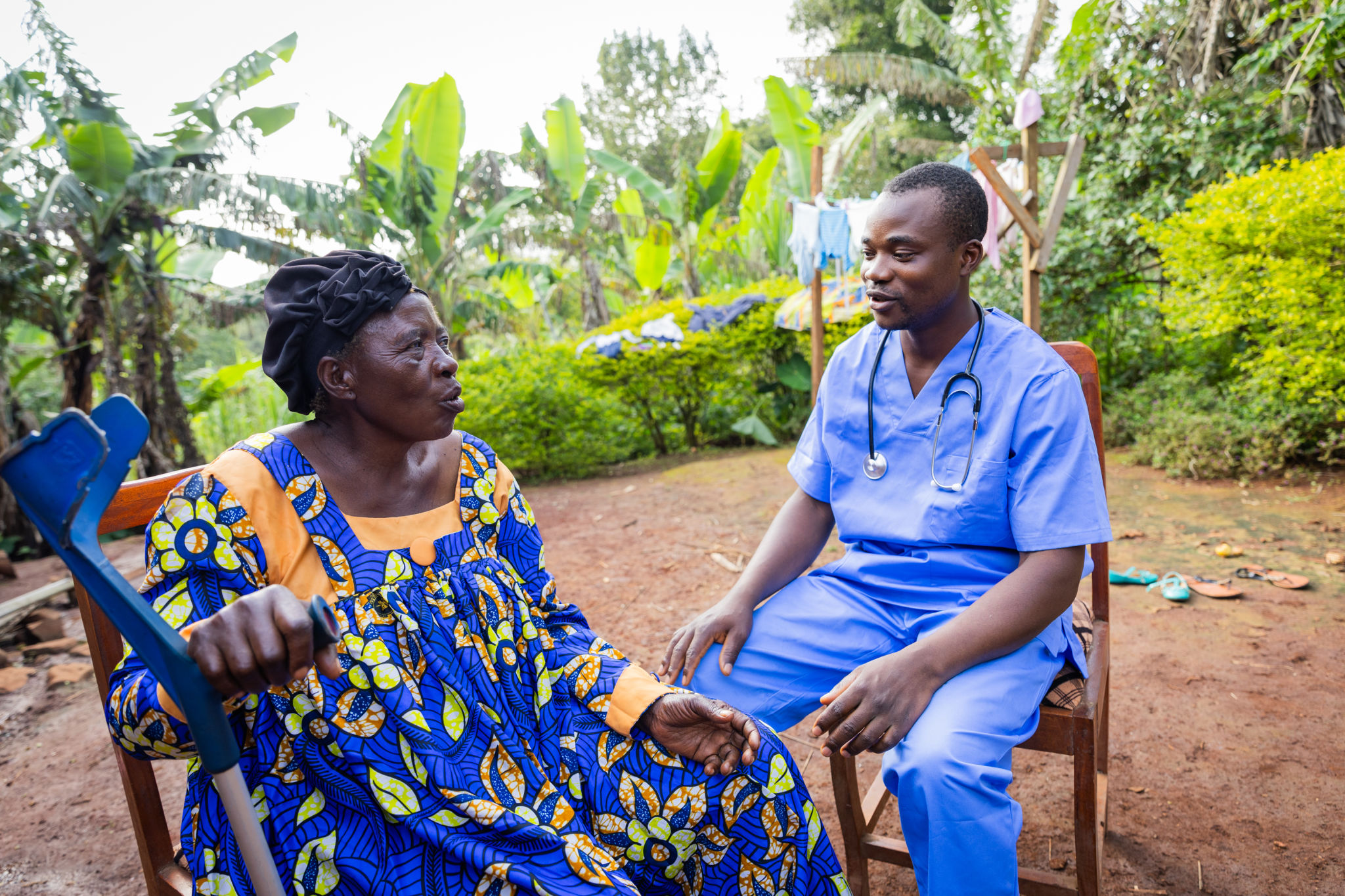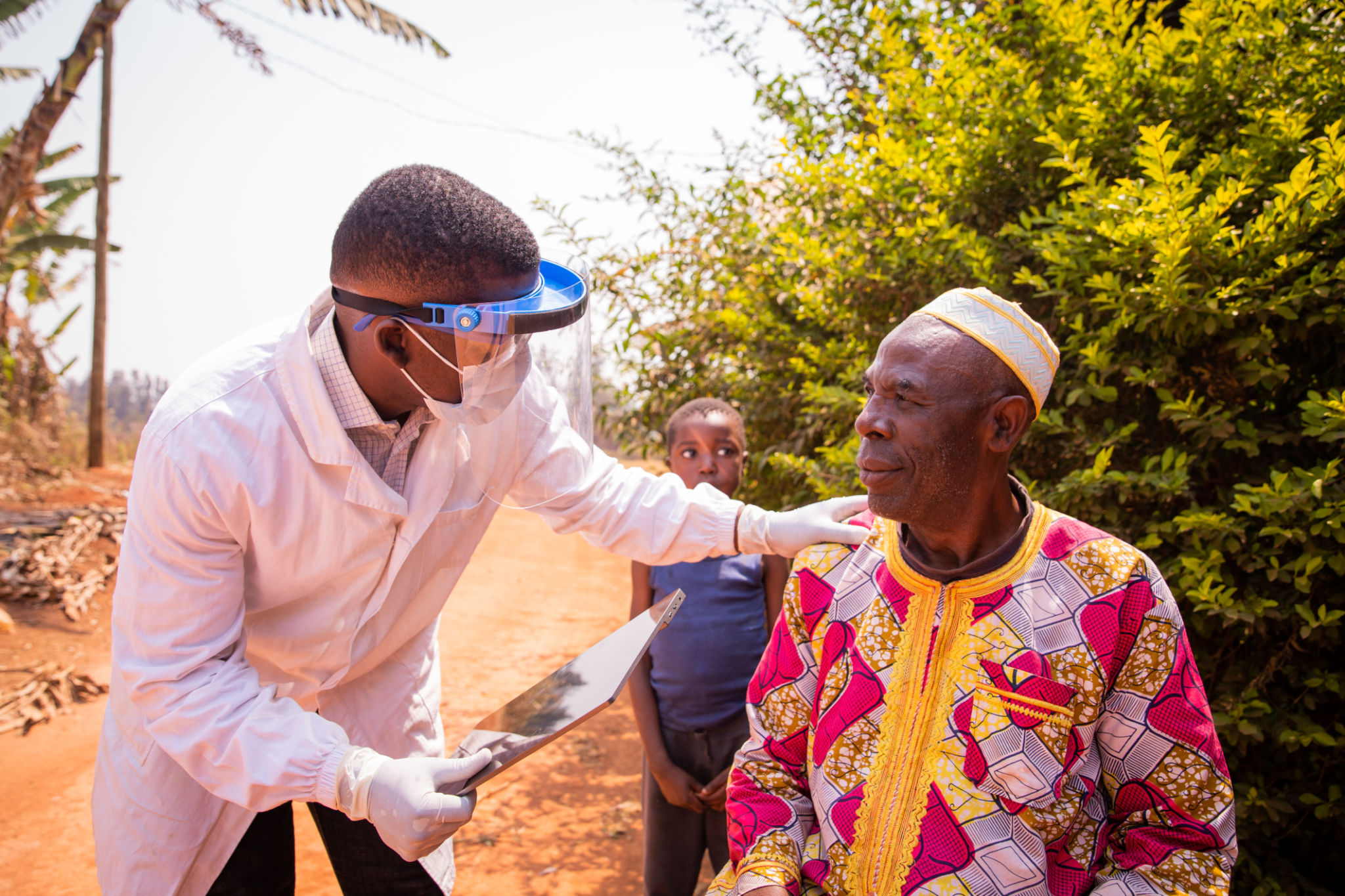Case Study: Successful Public Health Solutions in African Regions
PH
Introduction to Public Health Initiatives in Africa
African regions have been at the forefront of implementing innovative public health solutions that tackle some of the most challenging health issues. These initiatives have been instrumental in improving health outcomes and enhancing the quality of life for millions. This case study explores a few successful public health strategies, highlighting their impact and the lessons learned.
In recent years, there has been a significant focus on addressing communicable diseases, maternal and child health, and nutrition. The success of these programs can largely be attributed to tailored approaches that consider the unique cultural, economic, and social contexts of each region.

Combating Communicable Diseases
One of the standout successes in African public health has been the reduction in the prevalence of communicable diseases such as malaria, tuberculosis, and HIV/AIDS. Collaborative efforts between governments, non-governmental organizations (NGOs), and local communities have led to significant progress. For example, the widespread distribution of insecticide-treated bed nets has drastically reduced malaria incidences.
Moreover, public health campaigns focusing on education and awareness have played a crucial role in controlling these diseases. By empowering communities with knowledge and resources, these initiatives have fostered a proactive approach to health management.

Strengthening Maternal and Child Health
Maternal and child health programs have also seen remarkable achievements. In regions like East Africa, targeted interventions have improved access to prenatal and postnatal care. These efforts have led to better maternal health outcomes and reduced infant mortality rates.
Initiatives such as training community health workers and establishing mobile clinics have ensured that even remote areas receive essential healthcare services. This approach has not only saved lives but has also contributed to building trust between healthcare providers and communities.

Addressing Malnutrition
Malnutrition remains a pressing issue in many African regions. However, innovative solutions are making a difference. Programs that integrate agriculture with nutrition education have been particularly effective. By promoting the cultivation of nutrient-rich crops and educating families on balanced diets, these initiatives are tackling both food security and nutritional deficiencies.
Community-based programs that involve local stakeholders in decision-making processes have proven successful. These programs ensure that interventions are culturally appropriate and sustainable in the long term.
Utilizing Technology for Health Improvements
Technology has become an invaluable tool in enhancing public health outcomes. Mobile health (mHealth) solutions, such as SMS-based reminders for vaccinations and appointments, have increased healthcare accessibility across African regions. These technologies bridge the gap between healthcare providers and patients, ensuring timely intervention and follow-up care.

Lessons Learned and Future Directions
The success of public health initiatives in African regions highlights the importance of community engagement, cultural sensitivity, and multi-sectoral collaboration. By leveraging local knowledge and resources, these programs have achieved sustainable health improvements.
Moving forward, continuous investment in healthcare infrastructure and education will be crucial. Additionally, expanding successful models to other regions can further enhance public health outcomes across the continent.

In conclusion, the case studies from African regions demonstrate that with the right strategies and partnerships, significant public health challenges can be effectively addressed. These successes offer valuable insights for global health efforts aiming to achieve similar outcomes in other parts of the world.